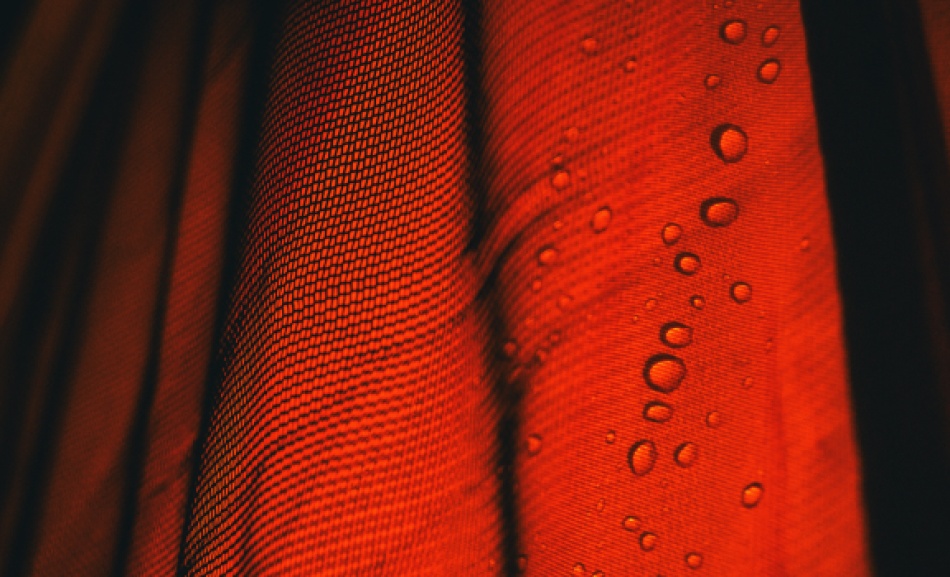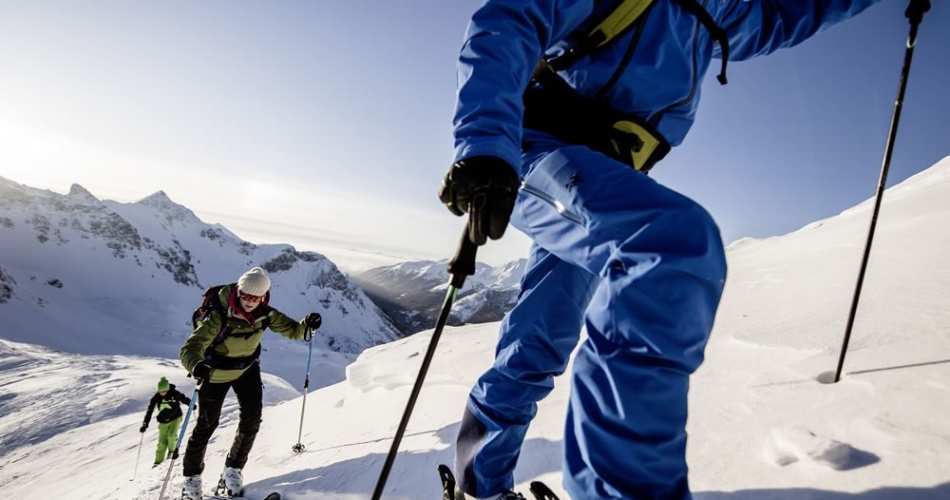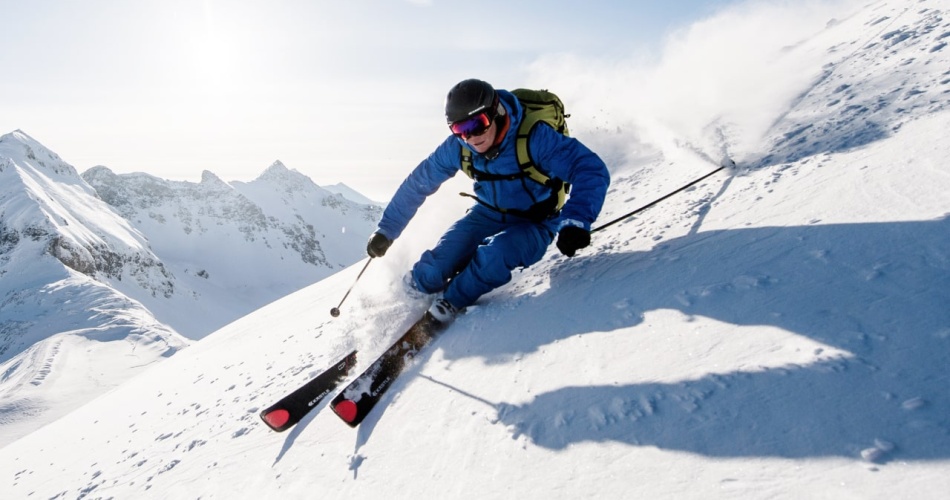
950
633
Obertauern am 04.01.2025
5 tips: This is how the après-ski flirt works
How do I flirt properly? The 5 most important tips for flirting at après ski!
Silvia Grillitsch
CSA Skischule Silvia Grillitsch, Obertauern
264
176




















